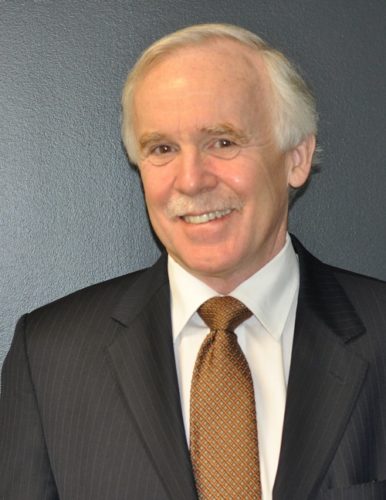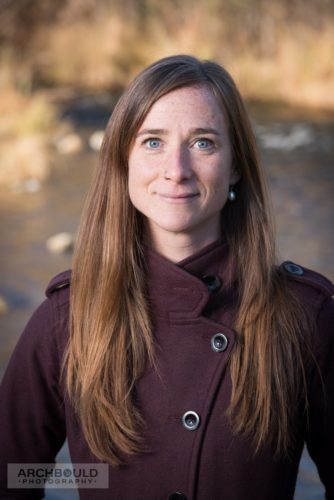At the directive of the Treasury Board Secretariat, the Council of Canadian Academies (CCA) has assembled a new expert panel to examine the top climate change risks facing both Canada and the federal government.
The panel will address the question: “What are the top climate change risks facing both Canada and the federal government, and their relative significance, and which have the most potential to be minimized by adaptation measures?”

- L. John Leggat, FCAE, former assistant deputy minister, Science and Technology, Department of National Defence (Ottawa, ON)
- Elizabeth Beale, former president and CEO, Atlantic Provinces Economic Council; Commissioner, Canada’s Ecofiscal Commission; and Associate, Harris Centre for Regional Policy, Memorial University (St. John’s, NL)
- Pierre Gosselin, consulting physician, Quebec National Public Health Institute; Clinical Professor, Université Laval and Institut national de la recherche scientifique; Coordinator Health, Ouranos (Quebec City, QC)
- Bronwyn Hancock, Associate Vice-President Research Development, Yukon College (Whitehorse, YT)
- Deborah Harford, Executive Director, ACT (the Adaptation to Climate Change Team), faculty of Environment, Simon Fraser University (Burnaby, BC), who co-author of The Columbia River Treaty: A Primer, published by Rocky Mountain Books in 2014
- Paul Kovacs, Executive Director, Institute for Catastrophic Loss Reduction (Toronto, ON)
- Barry Smit, O.Ont., FRSC, professor emeritus, Geography, University of Guelph (Guelph, ON)
- Roger B. Street, research fellow, Environmental Change Institute, University of Oxford (Oxford, United Kingdom)

The Council of Canadian Academies (CCA) is an independent, not-for-profit organization that supports independent, authoritative, and evidence-based expert assessments that inform public policy development in Canada. The CCA’s work encompasses a broad definition of science, incorporating the natural, social and health sciences as well as engineering and the humanities.









